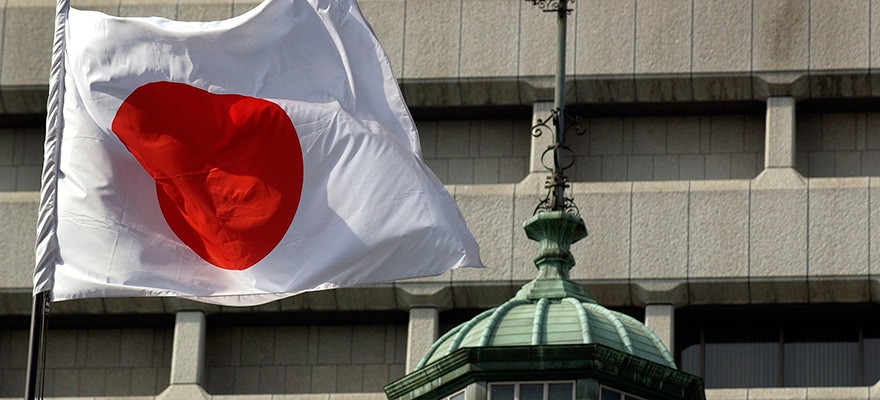Regulating the cryptocurrency market has become a top priority for the authorities in many countries. But, following the example of the Dutch Central Bank, a Japanese official admitted that imposing regulations on an economy which resides in decentralized technology will not be an easy task.
Discover credible partners and premium clients at China’s leading finance event!
According to Hiromi Yamaoka, a senior official in the Bank of Japan, regulating Bitcoin and other cryptocurrency trading globally will be very tough, reported Reuters.
In an interview with Reuters, he said that unlike China and South Korea, Japan’s priority is innovation, and so, before imposing any strict rules, they will always consider its implications in this regard.
“There’s undoubtedly growing interest among global policymakers on how to deal with Cryptocurrencies ,” said Yamaoka.
He added: “Japan’s approach would be to think about how to curb excesses without discouraging innovation.”
Cryptocurrencies have made quite an impact on the Asian markets. Before the governmental crackdown, China was handling the largest number of Bitcoin transactions, but after the ban, neighboring Japan became the world leader in this area. South Korea has also seen a huge boom, as a large section of its society went crazy over the short-term profits of the digital coins.
While the volatile prices lured investors, it also put the authorities on high alert.
But Mr. Yamaoka, who is the head of the Japanese central bank’s division on payment and settlement systems, believes that in spite of the huge gains, the volatile crypto market is not exactly a bubble, as there is no underlying asset to measure the real value of the coins. But he agrees on the speculative trading done by the majority of the crypto investors.
Raising questions on the global policymakers view, he added: “It’s uncertain whether global cooperation would mean global Regulation ...It may mean sharing a common view on the risks involved in cryptocurrency trading and seeking to send out a common message. Global harmonization may not necessarily mean global regulation.”
The South Korean government is trying very hard to impose a strict rule on the crypto market. The authorities of the country have raided the cryptocurrency exchanges multiple times in recent months, and declared that they will not allow any trading with anonymous accounts.
In Europe as well, France is becoming strict with its cryptocurrency trading oriented rules. The French Finance Minister even set up a workgroup to look at the feasibility of regulating the trading of digital coins. He has even asked for a debate to be held on the subject at the upcoming G20 summit. Germany supports this proposal.
Japan’s stance, on the other hand, is totally different. The country has recognized Bitcoin as a legal payment method. Mr. Yamaoka believes that the number of transactions in which cryptocurrencies are used is too small, and they do not possess any threat to the mainstream economy of Japan yet.
“So far, I don’t think there are any big problems. But we need to look carefully. If the exposures turn out to be huge, we may need to follow up and work to maintain financial stability together with the Financial Services Agency,” added Mr. Yamaoka.

















